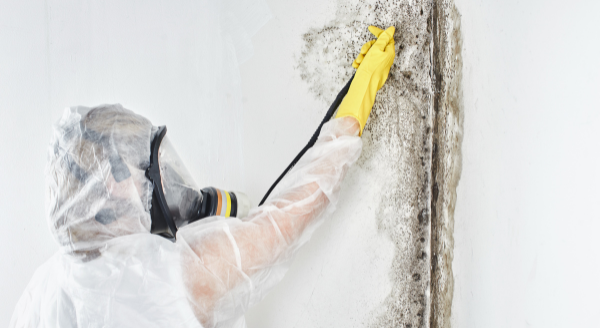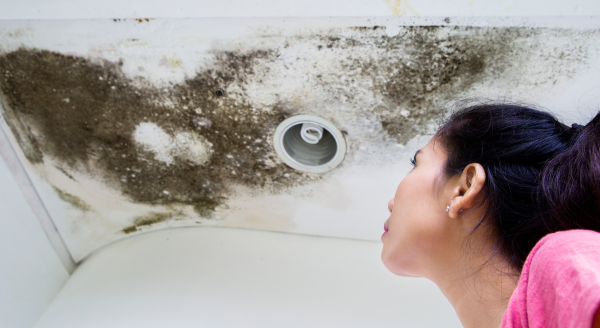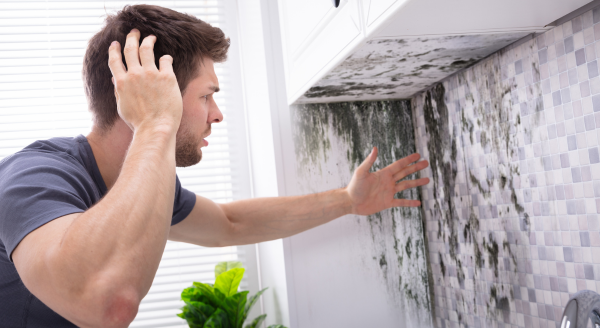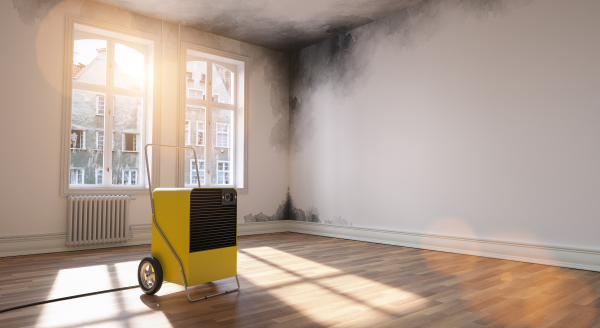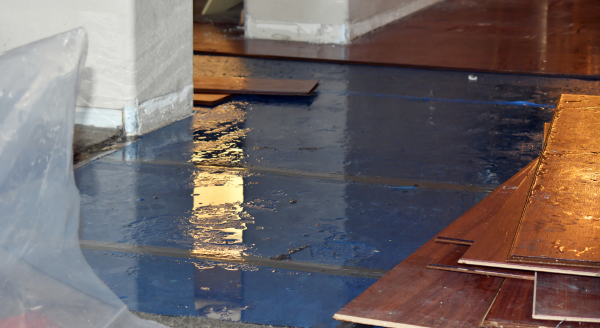Mold is a growing problem in the United States. There are more than 100,000 types of mold, and some of them are harmful to humans. This is why being a qualified mold professional is a meaningful and sought-after profession to pursue.
When it comes to mold, it’s important to know the difference between an inspector and a remediator. Mold inspection and mold remediation are two kinds of different services.
If you are thinking of becoming a mold professional, you might be confused over which license to get – a mold inspector license or a mold remediator license?
Simply put, a mold inspector will come to your home, assess the mold situation, and make recommendations about what needs to be done. A mold remediator will actually clean up the mold and remove it from the premises.
Below, we will discuss the difference between these two professions in greater detail and help you decide which one suits you best!
Why are Mold Inspectors and Remediators Important?
Mold spores are present both indoors and outdoors. They enter homes through open doors, windows, and vents, and can also be carried on clothing, pets, and shoes. Once mold spores are inside, they need moisture and a food source to start growing.
Mold inspectors and remediators are important in preventing mold from entering homes and eliminating any existing mold that can be harmful. Symptoms such as coughing, sneezing, itchy and watery eyes, and a runny nose can all come from mold in the home. This may result in respiratory infections in the short term and chronic lung conditions in the long term.
The United States Environmental Protection Agency (EPA) recommends that if mold is visible, occupants should avoid exposure by leaving the area immediately. If mold is present but not visible, they recommend increased ventilation and air circulation. If mold growth has already occurred, professional remediation is needed to remove the mold safely and prevent further growth.
Mold Inspector
A mold inspector is someone who is trained to identify mold and assess the extent of the problem. They will also make recommendations about what needs to be done to remediate the situation.
If you are thinking about becoming a mold inspector, what do you need to know?
First, become familiar with the different types of mold and the potential health risks they each pose. You should also be familiar with the proper safety procedures for dealing with mold.
It is also important to have good organizational skills since you will need to keep track of all the mold inspection reports you generate.
Mold Remediator
A mold remediator is someone who is trained to actually clean up mold and remove it from the premises.
A proper mold remediation company (like Air Quality Assessors) will have the proper equipment to safely and effectively remove mold from your home. If you are thinking about becoming a mold remediation specialist, you need to be familiar with the different types of mold and the proper safety procedures for dealing with them.
Since you will need to know how to properly seal and repair the areas where mold is found, having experience in construction or home repair is helpful. Additionally, you should also be familiar with the different techniques for removing mold, as well as the proper disposal procedures.
So… Which License Should You Get?
First, both licenses require passing an exam and completing a certain amount of training hours.
If you are interested in becoming a mold inspector, you will need to obtain a mold inspection license. Likewise, if you are interested in becoming a mold remediation specialist, you will need to obtain a mold remediation license.
Each state has different requirements for getting these licenses, so be sure to check with your state’s licensing board to find out what the requirements are. Once you have your license, you will be able to start offering your services to homeowners and businesses in your area.
Being an independent contractor has many rewards. One of the most gratifying is the ability to help others improve the quality and health of their homes. As a mold inspector and remediation specialist, you can offer your clients peace of mind, knowing that their homes are free from harmful mold spores. In addition, you will also enjoy the advantages of being your own boss. You can set your own hours and have the freedom to be creative in your work.
Of course, being an independent contractor also comes with responsibilities such as setting your own rates and marketing your business. However, for those who are self-motivated and organized, being an independent contractor can be a great way to earn a living.
Looking for a Training Institute?
If you are interested in a mold remediation or mold removal career, call us today. The National Environmental Training Institute (NETI) is a state-certified training company offering Mold Remediator and Mold Assessor training. NETI also offers continuing education units (CEU’s), certification, and licensing.
—
Mold is a serious problem, and it is important to be a qualified professional to deal with it correctly. With the right training and license, you can become a mold inspector or mold remediation specialist and help others solve their mold problems.
A professional mold inspector or mold remediation specialist can assess the situation and make sure that your home is safe and free of mold.

